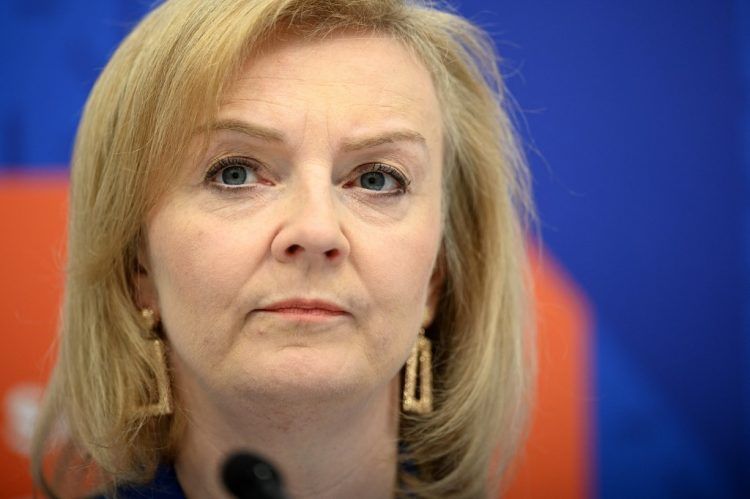British Prime Minister Liz Truss tried to reassure her party and the public today by saying she should have done more to "lay the ground" for an economic plan that saw the pound fall to record lows and government borrowing costs soar.
On the first day of her governing Conservative Party's annual conference, Truss, in office for less than a month, adopted a softer tone by saying she would support the public during a difficult winter and beyond.
But she stood by her "growth plan", a package of tax-cutting measures that investors and many economists have criticised for setting out billions of pounds of spending while offering few details on how it would be paid for in the short term.
Truss said it was the right plan, suggesting critics did not realise the depth of Britain's problems and that she should have done more to explain them - an argument that market traders and investors have dismissed as a reason for the falls in the pound and the increase in borrowing costs last week.
"I understand their worries about what has happened this week," she told the BBC in the central English city of Birmingham.
"I do stand by the package we announced, and I stand by the fact that we announced it quickly because we had to act, but I do accept that we should have laid the ground better."
However, Truss also did not deny that the plan would require spending cuts for public services, something some Conservative lawmakers fear will make the party unpalatable to voters before the next national election due in 2024.
Jake Berry, chairman of the Conservative Party, suggested the markets may have overreacted, while admitting he was not an economist. "So let's see where the markets are in six months time," he told Sky News.
Truss took office on 6 September, but Queen Elizabeth died two days later and so the first days of the new prime minister's term were largely taken up with the national mourning period, when politics was all but paused.
She launched her plan two weeks after taking office, with her team feeling she had signalled her plans during a leadership campaign against rival Rishi Sunak, who had argued against immediate tax cuts.
But the scale of the plan spooked markets. After a large sell-off, the pound has since recovered after Britain's central bank, the Bank of England stepped in, but government borrowing costs remain markedly higher. Investors say the government will have to work hard to restore confidence.










